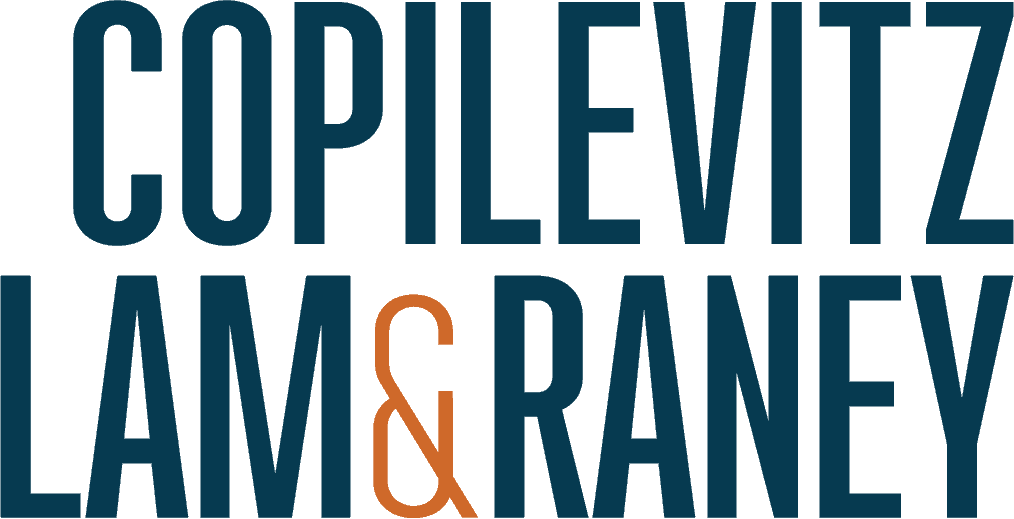As Telephone Consumer Protection Act (“TCPA”) class actions have exploded in frequency, defendants often claim they were unaware of the restriction or that a number had been reassigned to a new consumer or transferred from landline to cell phone, such that the business could not avoid violating the TCPA.
Plaintiffs’ attorneys often respond that the TCPA is a “strict liability” statute, i.e. if you violate its terms, you are liable and it does not matter if you knew or meant to violate the law.
Not so fast.
In Stoops v. Wells Fargo Bank, N.A., Case No. 3:15-83, 2016 U.S. Dist. LEXIS 106793 (W.D. Pa. Aug. 12, 2016), plaintiff Melody Stoops purchased at least 35 cell phones solely for the purpose of filing lawsuits under the TCPA. She chose Florida area codes despite living in Pennsylvania because she thought Florida was economically depressed and the numbers would receive more debt collection calls.
The judge cried foul and threw out her case and affirmed a prior ruling that Stoops had no standing to bring the case. He reasoned that the TCPA was not designed or intended to give her the ability to bring money-making suits, but rather to protect ordinary consumers from invasions of privacy. Stoops had no privacy interest because she bought the phones intending to receive these calls.
Other cases have reached similar conclusions but for different reasons, e.g. reviewing the dialing or texting equipment used and concluding that it was not an “automatic telephone dialing system” because a human initiated each call or text.
Other examples of successful defenses for compliant companies are cases involving plaintiffs who specifically go to websites and opt-in to receive calls and then sue when they receive calls. Courts have ruled those plaintiffs lack standing to bring the lawsuits as their privacy interests are not within the “zone of interests” intended to be protected by the TCPA
More and more, courts are making similar rulings in the face of abusive individual and class TCPA actions. You should make every effort to comply with the TCPA, but based on the above, if faced with a suit, a vigorous defense might be better than a nuisance payoff.
